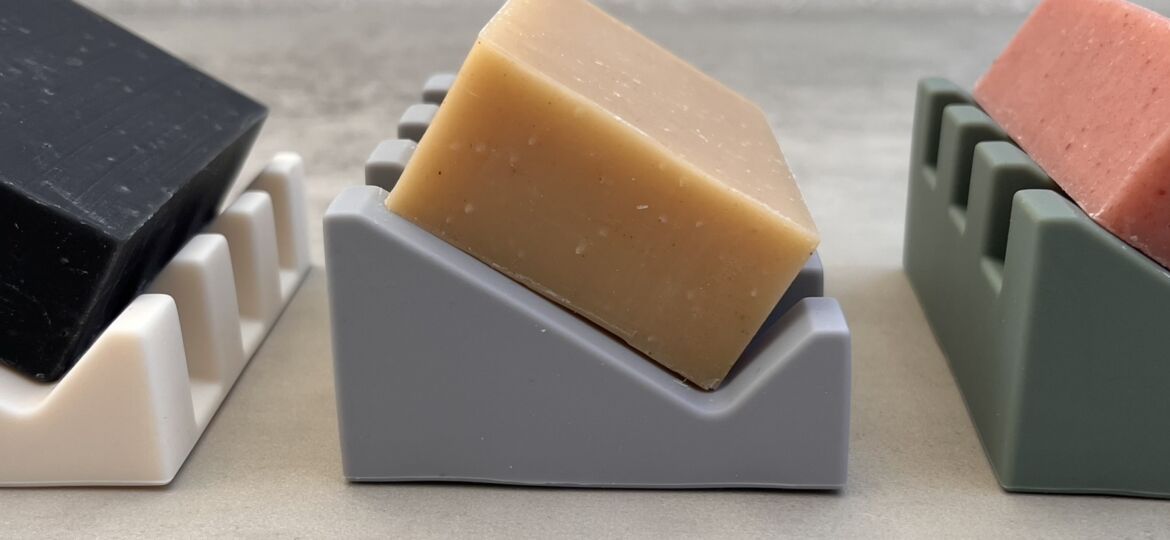
In today’s world, where environmental consciousness is on the rise, finding sustainable and plastic free alternatives to traditional products like toys, skin care, and household items has become a priority. Plastic, once hailed for its convenience, is now under scrutiny for its adverse impact on the planet. Enter silicone, a versatile material that offers a plethora of benefits while being kinder to the environment. In this blog post, we will explore why silicone is the eco-friendly choice, highlighting its numerous advantages over plastic.
This post may contain affiliate links. As an Amazon Associate I earn from qualifying purchases.
Durability
Silicone products are renowned for their exceptional durability and longevity. Unlike many plastic alternatives that wear down quickly, silicone remains resilient in the face of harsh conditions. From kitchen utensils to medical implants, silicone’s inherent strength ensures products can be used repeatedly without fear of deterioration. By choosing silicone, we can use products longer and lessen our impact on landfills.
Thanks to its durability, silicone products have a significantly longer lifespan compared to plastics. This extended usability means you’ll replace it less often, resulting in less waste production. Furthermore, silicone can often be recycled or upcycled, adding to its eco-friendliness. By embracing silicone, we actively contribute to a more sustainable future, where our choices have a positive impact on the environment.
Energy Efficiency
The production of silicone requires less energy compared to certain plastics. Derived from abundant raw materials like silicon, oxygen, carbon and hydrogen, silicone synthesis involves fewer energy-intensive steps. Unlike plastic production, which involves fossil fuel extraction and complex chemical reactions, silicone manufacturing consumes fewer resources and leaves a smaller carbon footprint.
Safety First
Silicone stands out as a safe material, making it ideal for a range of applications. Unlike some plastics, silicone is non-toxic, made with no harmful chemicals that can leach into our food or products. Like some plastics, it doesn’t emit volatile organic compounds (VOCs) and other potentially hazardous substances, ensuring a healthier environment for us all.
Recycling Possibilities
While silicone recycling infrastructure is still developing, it is worth noting that recycling options for silicone products are expanding. Several recycling facilities and specialized companies now accept silicone for recycling and reprocessing. As recycling technologies continue to advance, silicone’s recyclability will undoubtedly increase, leading us toward a more circular economy and minimizing waste accumulation.
As we strive to make sustainable choices, silicone emerges as a worthy contender against plastic. With its durability, reduced waste generation, lower energy consumption, and non-toxic properties, silicone proves to be an eco-friendly alternative that can help us protect our planet. By embracing silicone products in our daily lives, we contribute to a more sustainable future, where our actions reflect our commitment to preserving the environment. Let’s choose silicone and pave the way for a greener tomorrow.